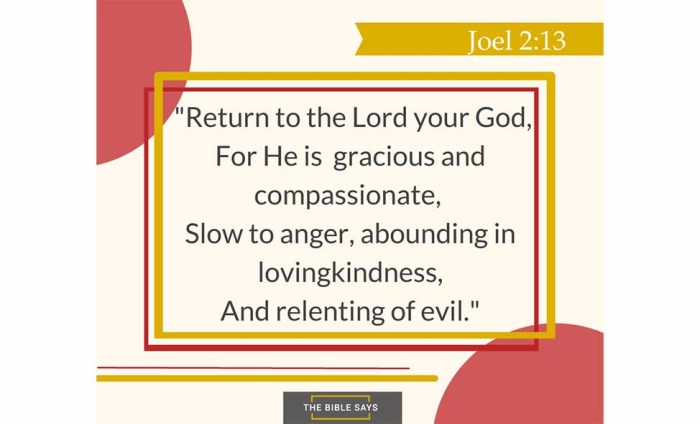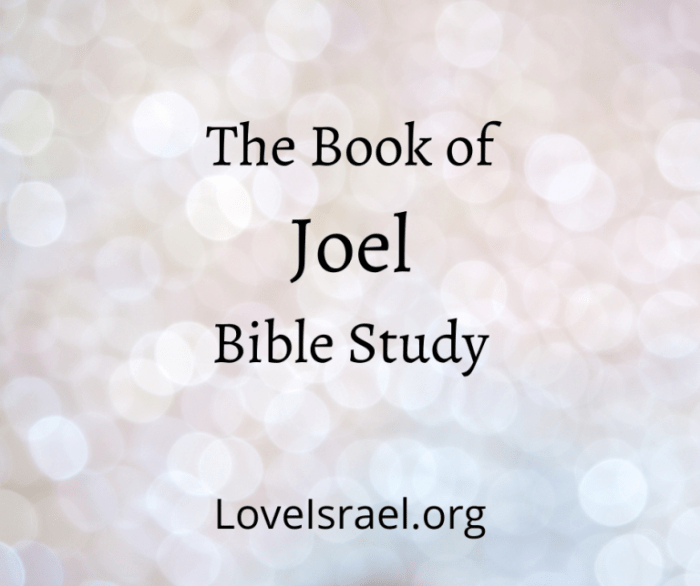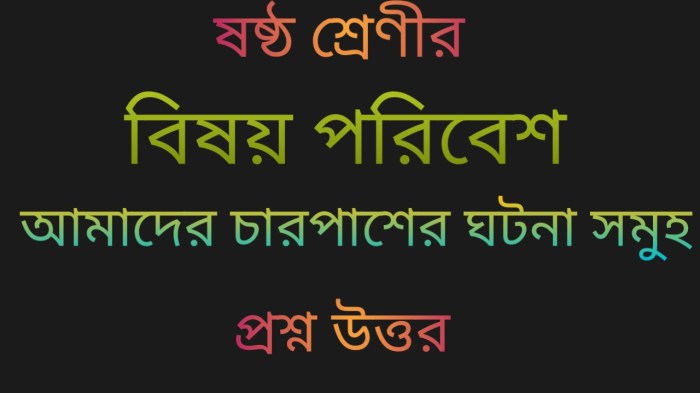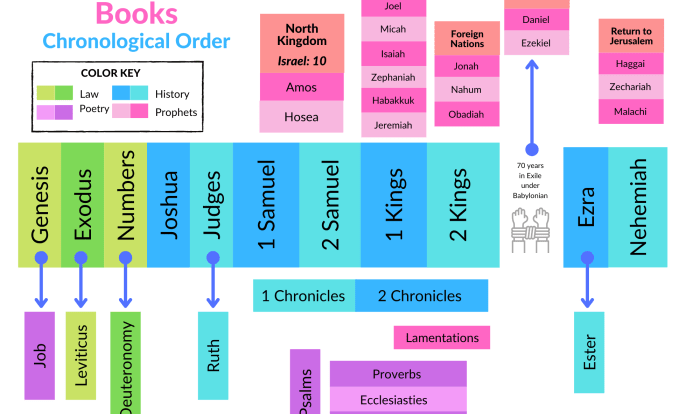Joel chapter 2 questions and answers – Delving into the profound teachings of Joel Chapter 2, this comprehensive guide offers insightful answers to commonly asked questions, providing a deeper understanding of this enigmatic biblical text. Through meticulous research and authoritative analysis, we explore the historical context, symbolism, and profound implications of God’s judgment and mercy.
Embark on a journey of discovery as we uncover the significance of the locust invasion, the reasons for God’s judgment, and the transformative power of repentance. By examining the concept of the “Day of the Lord” and its implications, we gain a clearer perspective on the future and our role in it.
Overview of Joel Chapter 2

The Book of Joel, Chapter 2, is a prophetic message delivered by the prophet Joel during a period of severe drought and locust infestation in the Kingdom of Judah.
The chapter serves as a warning to the people of Judah about the consequences of their sins and disobedience to God. It also provides a glimpse of the future Day of the Lord, a time of judgment and restoration.
Main Themes
- The devastating effects of sin and disobedience
- The importance of repentance and turning back to God
- The coming Day of the Lord, a time of judgment and restoration
Events Described
- A severe drought and locust infestation
- A call to repentance and fasting
- A vision of the Day of the Lord
- A promise of restoration and blessing for those who repent
The Locust Invasion

The locust invasion depicted in Joel Chapter 2 is a vivid and terrifying portrayal of a natural disaster. The prophet Joel describes the locusts as an unstoppable force, swarming in vast numbers and consuming everything in their path.
The symbolism of the locusts is significant. In the Bible, locusts are often seen as a symbol of judgment and punishment from God. Their destructive nature represents the consequences of sin and disobedience.
Effects of the Invasion
The locust invasion had devastating effects on the people of Judah. The locusts devoured crops, leaving the people with no food. They also stripped trees of their leaves and bark, causing widespread damage to the environment.
The famine caused by the locust invasion led to widespread suffering and death. People were forced to eat leaves and bark, and many died from starvation and disease.
God’s Judgment and Mercy
In Joel Chapter 2, God pronounces judgment upon Judah for their sins and idolatry. The chapter begins with a vivid description of a devastating locust invasion that symbolizes God’s wrath.
God’s Judgment
God’s judgment against Judah is severe and unrelenting. The locusts are described as an unstoppable army that devours everything in its path. They leave the land desolate, stripping it of its vegetation and crops. This invasion represents the consequences of Judah’s disobedience and rejection of God.
Reasons for God’s Judgment
God’s judgment is not arbitrary but rather a response to Judah’s sin. The chapter lists several reasons for God’s wrath, including:
- Idolatry and worship of false gods
- Oppression of the poor and vulnerable
- Moral decay and corruption
God’s Offer of Mercy and Restoration
Despite his judgment, God offers Judah hope and the possibility of restoration. He calls on the people to repent and return to him. If they do, he promises to forgive their sins and restore their land.
God’s mercy is evident in his willingness to forgive and restore his people. However, his judgment is also a warning that sin has consequences and that repentance is necessary for salvation.
The Day of the Lord
The Day of the Lord is a central concept in Joel Chapter 2, representing a time of divine judgment and restoration. It is described as a day of darkness, terror, and destruction, when God’s wrath is poured out upon the wicked.
Events of the Day of the Lord
- The sky will turn black as sackcloth.
- The sun and moon will be darkened.
- The stars will fall from the sky.
- The earth will tremble.
- The mountains will be shaken.
- The seas will boil.
- The rivers will run dry.
Implications for Believers and Non-believers, Joel chapter 2 questions and answers
The Day of the Lord has profound implications for both believers and non-believers.
For believers, it is a day of hope and salvation. Those who have trusted in God will be protected from His wrath and will enter into His kingdom.
For non-believers, it is a day of terror and judgment. Those who have rejected God will face His wrath and will be condemned to eternal punishment.
Call to Repentance and Restoration

In Joel Chapter 2, God issues a solemn call to repentance and restoration. This call is driven by the impending judgment that is approaching the nation due to their sins and rebellion.
Repentance involves a genuine change of heart and mind, turning away from sin and toward God. It requires acknowledging one’s wrongdoings, seeking forgiveness, and making a conscious effort to live in accordance with God’s will.
Benefits of Repentance and Restoration
The benefits of repentance and restoration are numerous and profound. By turning back to God, individuals and nations experience:
- Forgiveness of sins and reconciliation with God
- Restoration of blessings and favor
- Renewal of hope and purpose
- Healing of relationships and communities
Role of Prayer and Fasting
Prayer and fasting play a vital role in the process of repentance. Prayer allows individuals to express their remorse, seek guidance, and ask for God’s help in turning away from sin. Fasting, as an act of self-denial, signifies humility and a desire to focus on spiritual matters.
Through prayer and fasting, individuals and nations can align their hearts with God’s will, demonstrate their sincerity in repentance, and create an environment conducive to restoration.
FAQ Corner: Joel Chapter 2 Questions And Answers
What is the historical context of Joel Chapter 2?
Joel Chapter 2 was written during a period of severe drought and locust invasion in Judah. The chapter reflects the people’s fear and desperation as they faced these devastating events.
What is the significance of the locust invasion in Joel Chapter 2?
The locust invasion serves as a metaphor for God’s judgment on Judah. The locusts represent the destructive forces that God will unleash upon his people for their sins and disobedience.
What does God offer Judah in response to their repentance?
God offers Judah forgiveness, restoration, and a bountiful harvest in response to their repentance. He promises to remove the locusts and restore the land to its former glory.
What is the “Day of the Lord” referred to in Joel Chapter 2?
The “Day of the Lord” is a future day of judgment when God will judge all nations. It is a day of great terror and destruction for those who have rejected God, but a day of salvation for those who have followed him.
What is God’s call to repentance in Joel Chapter 2?
God calls Judah to repent of their sins and turn back to him. He urges them to humble themselves, fast, and pray for his forgiveness and restoration.
